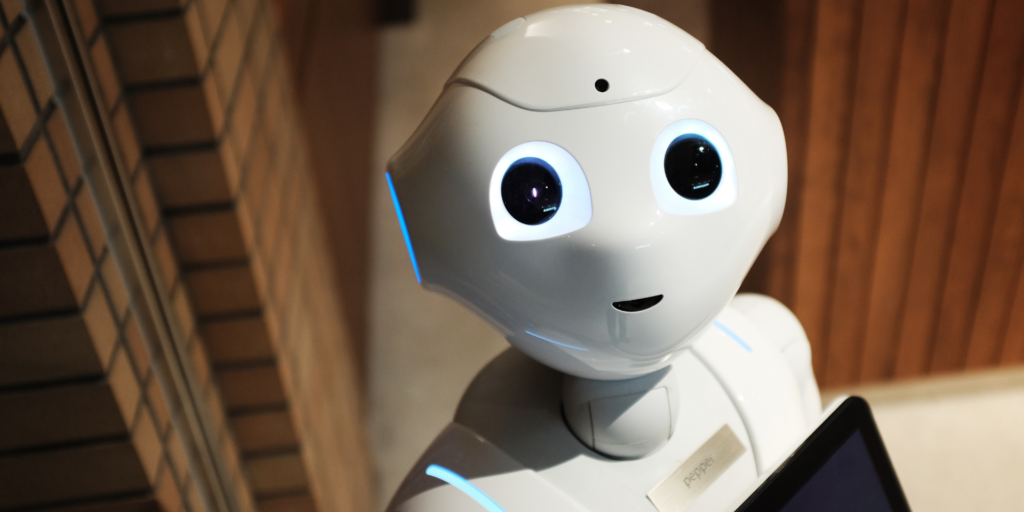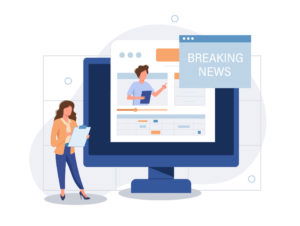What ChatGPT Can’t Do as Told by ChatGPT
BY BLF Powered by ChatGPT

LISTEN
ChatGPT, developed by OpenAI, is a powerful artificial intelligence language model that has revolutionized the way we interact with machines. It's capable of generating human-like text and comprehending complex queries, making it a valuable tool for numerous applications. However, like all technologies, it's not without its limitations. This article will explore areas where ChatGPT falls short.
Firstly, it's essential to understand that ChatGPT doesn't have consciousness or comprehension. The AI doesn't understand the text it generates or the inquiries it answers. It doesn't have beliefs, desires, or emotions. It merely predicts the next word in a sequence based on patterns it learned during training. This lack of understanding can lead to the generation of inappropriate, nonsensical, or biased responses.
Secondly, ChatGPT has a limited ability to handle real-time information or events post its last training cut-off. As of September 2021, the model doesn't know any events or advancements in any field after this date. To address this, it's usually augmented with a browsing tool to fetch up-to-date information. However, this requires additional commands and interactions, which may not always be smooth or intuitive.
Thirdly, ChatGPT's performance can fluctuate when it comes to logical consistency. Since it's trained to predict the next word based on patterns in data, it might sometimes generate text that lacks coherence or deviates from the initial query context. It's also prone to "making things up" when it lacks specific information, which can be misleading.
Moreover, ChatGPT doesn't inherently know when it's making a mistake or when it's provided inaccurate information. It doesn't have a self-correction mechanism or the ability to learn from its interactions. This limitation necessitates human supervision and review to ensure the accuracy and appropriateness of its outputs.
Additionally, ChatGPT can struggle with understanding the nuances and subtleties of human language, particularly irony, sarcasm, and cultural references. While it has been trained on a diverse range of internet text, language is complex and ever-evolving, making it challenging for the model to keep up with all the intricacies.
Another area where ChatGPT falls short is user privacy and data handling. Although OpenAI has implemented stringent data usage policies, the fact that the model was trained on a vast corpus of internet text raises questions about potential inadvertent disclosures of sensitive information.
Finally, ethical considerations surrounding AI use are an ongoing debate, and ChatGPT is no exception. The technology's potential misuse for creating deepfakes, spreading misinformation, or automating spam raises significant concerns. Even though OpenAI has made efforts to include safeguards, it's still a challenging issue to completely resolve.
In conclusion, while ChatGPT is a remarkable piece of technology with vast potential, it's not without its flaws. These limitations underline the importance of continuous development, robust oversight, and thoughtful use. As AI continues to evolve, addressing these issues will be crucial in making the technology more reliable, useful, and safe for everyone.
LATEST STORIES



